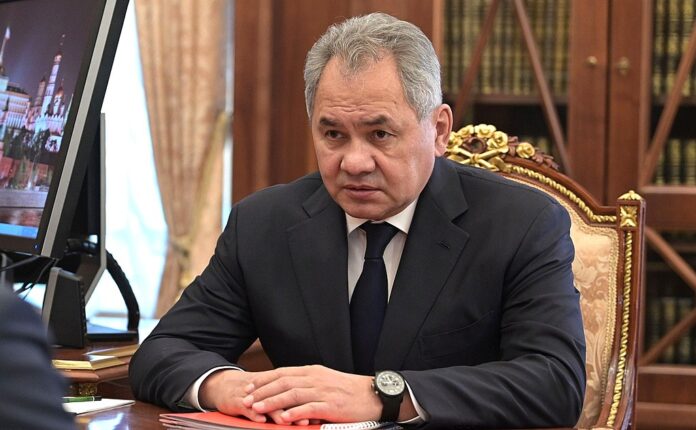Sergei Shoigu meets with Iranian leaders, condemns the killing of hamas leader Ismail Haniyeh, and calls for de-escalation in the region
Sergei Shoigu, the Secretary of Russia’s Security Council, arrived in Tehran on Monday for crucial talks with Iranian leaders amid escalating tensions in the Middle East. Shoigu’s visit comes in the wake of the assassination of Ismail Haniyeh, the leader of the Palestinian militant group Hamas, which Iran has condemned and vowed to retaliate against.
Shoigu’s high-profile trip involves meetings with top Iranian officials, including President Masoud Pezeshkian and Rear Admiral Ali Akbar Ahmadian, the Secretary of the Supreme National Security Council. The discussions are set against a backdrop of heightened regional instability, spurred by recent violent events.
Embed from Getty ImagesIran has openly blamed Israel for Haniyeh’s killing, an accusation Israel has neither confirmed nor denied. The Iranian government has vowed to “punish” those responsible, further escalating the situation. Alongside Haniyeh’s assassination, the killing of Hezbollah commander Fuad Shukr by an Israeli strike in Beirut has added to the regional volatility.
Russia has been actively engaging with Iran, strengthening ties since the onset of the Ukraine conflict. Reports indicate that Iran has supplied Russia with advanced surface-to-surface ballistic missiles and drones, bolstering Moscow’s military capabilities. Russia has also condemned the killing of Haniyeh, describing it as a dangerous action that could destabilize the Middle East further.
Shoigu’s visit is part of a broader diplomatic effort by Russia to navigate the complex web of alliances and tensions in the region. Russia’s condemnation of Haniyeh’s assassination aligns with its broader strategy of maintaining a balanced relationship with Iran while opposing actions it perceives as destabilizing.
In Tehran, Shoigu’s meetings are expected to focus on enhancing bilateral cooperation and addressing the regional security concerns that have emerged in recent months. The Russian security chief’s visit underscores the growing strategic partnership between Moscow and Tehran, particularly as both countries face increasing international scrutiny and pressure.
The situation remains fluid as Iran weighs its next steps in response to the killings and regional tensions continue to mount. The international community watches closely, with many hoping that diplomatic efforts will succeed in preventing further escalation and maintaining stability in the Middle East.
Analysis:
Political:
Shoigu’s visit highlights Russia’s growing influence in the Middle East and its strategic partnership with Iran. The visit underscores Russia’s role in mediating regional conflicts while aligning itself with Iranian interests. The political implications are significant as Russia seeks to leverage its relationship with Iran to counterbalance Western influence and assert its role in regional security dynamics.
Social:
The ongoing violence and diplomatic manoeuvring impact social dynamics in the Middle East, where communities are deeply affected by the conflict. The assassination of Haniyeh and the subsequent retaliation threats contribute to a heightened sense of insecurity among civilians in the region. Social unrest and fear of further violence shape public sentiment and daily life in affected areas.
Racial:
The Middle East’s complex ethnic and sectarian landscape is further complicated by the recent events. The involvement of Iranian-backed groups such as Hezbollah and Hamas reflects deep-rooted ethnic and sectarian tensions that influence the conflict’s trajectory. The international community’s response also reflects broader racial and ethnic dynamics at play in the region.
Gender:
The impact of escalating violence on gender dynamics is significant, as women and children are often disproportionately affected by conflict. Increased instability can lead to heightened risks for women, including displacement and violence. Gender-specific challenges emerge as communities cope with the consequences of the ongoing conflict and political instability.
Economic:
The tension and violence in the Middle East have considerable economic repercussions. The threat of further escalation can disrupt regional trade, damage infrastructure, and impact global oil markets. Economic instability in the region can also affect international investments and economic partnerships, complicating global economic forecasts.
